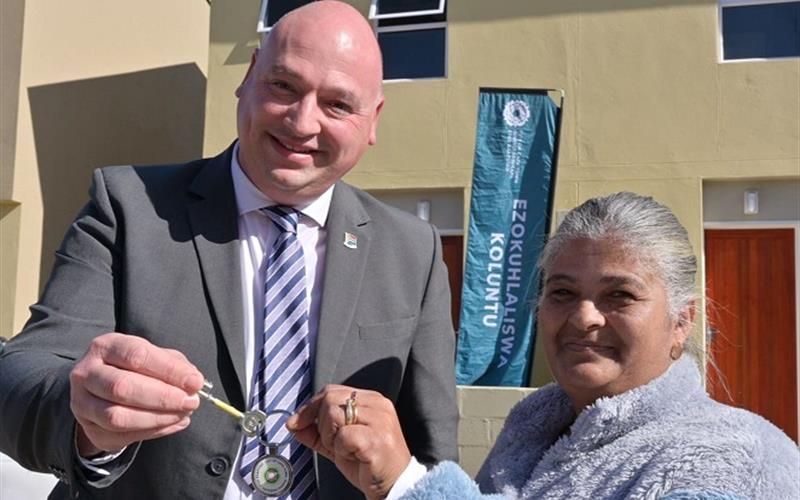The City of Cape Town’s Human Settlements Directorate has achieved a significant milestone, spending 99.3% of its budget of over R880 million in the 2022/23 financial year. These funds have been allocated to improve living conditions for vulnerable households and provide adequate housing. The directorate also spent most of its informal and urban settlements grant funding. The funds were used to provide housing and improve living conditions for the residents.
Praise for the City’s Human Settlements Directorate
Alderman James Vos, the City’s Acting Mayoral Committee Member for Human Settlements, commended the directorate’s achievement. He emphasized that the budget was spent on the people it was earmarked for, producing a real impact on the residents’ lives. “It clearly shows that we are ready to scale up our efforts in collaboration with the private sector,” said Vos.
More Enabling Role for the City
The City must adopt a more enabling role to enhance the directorate’s efforts in providing more opportunities in well-located areas across the metro. This will entail greater partnerships and unlocking more land parcels for human settlements, including large, well-located National Government lands. Vos believes that exploring the potential of national mega-properties such as Wingfield, Youngsfield, Ysterplaat, and the Parliamentary village could create an estimated 100,000 social housing opportunities.
Primary Delivery Focuses
The City’s primary delivery focuses are on land acquisitions and the development of affordable housing opportunities in well-located areas. The City also maintains its rental units, offers a no-cost title deed transfer program, upgrades informal settlements and backyard services, and constructs new Breaking New Ground homes and incremental developments.
Public-Private Partnerships are Essential for Delivery at Scale
Public-private partnerships (PPPs) are critical for delivery at scale in the future. In the first year of the Mayoral Priority Program for affordable housing land release, the City Council approved several sites for land release. Examples include Newmarket Street (Cape Town), Salt River Market (Salt River), Pickwick (Salt River), Fruit and Veg (CBD), and Earl Street (Woodstock). The City has 6,500 social housing units in the planning pipeline across 50 land parcels citywide.
In conclusion, Alderman Vos emphasized the importance of fostering public-private partnerships for the betterment of Cape Town’s residents and their living conditions. With greater partnerships, more land, and increased funding, the City of Cape Town and its partners can truly Build Cape Town together.








